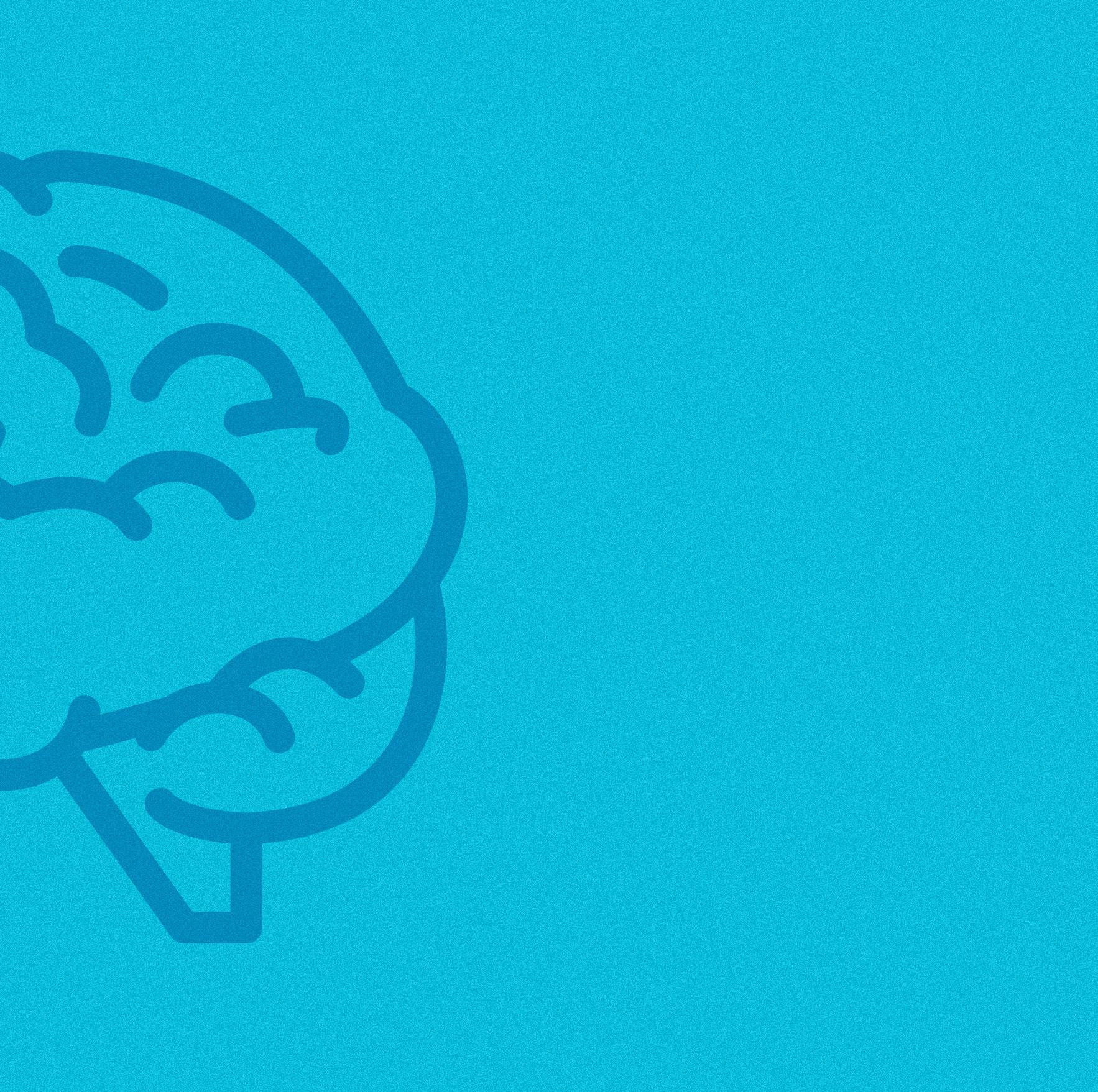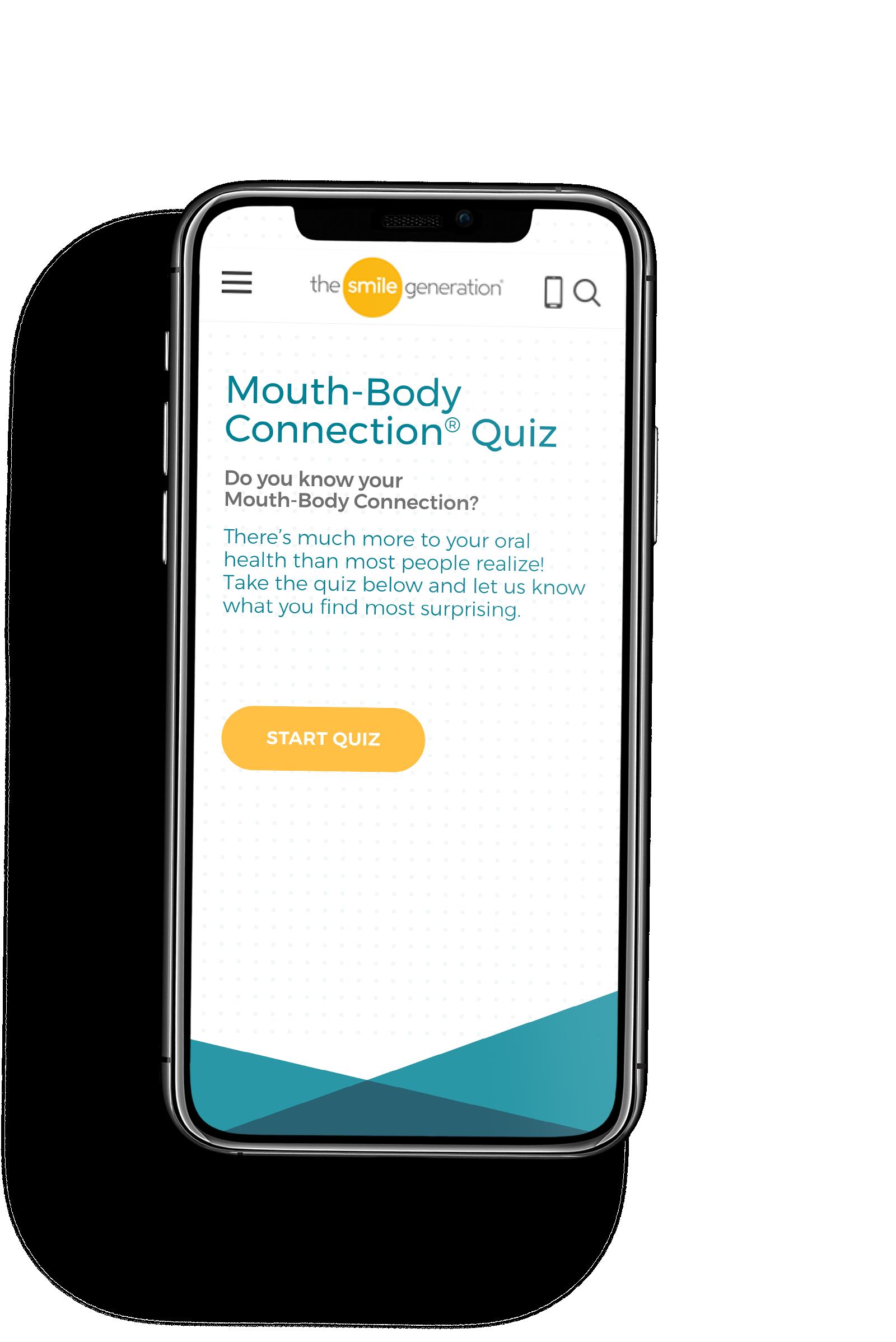
Brushing up on Brain Health Generations Smiles 02 issue may ‘21 of Oral Health Means Better Health At Every Age and Every Stage
















































































































































Welcome back to Generations of Smiles
An effective tool to protect against Alzheimer’s disease, dementia and stroke is something most people grab every day – at least twice a day, and preferably after meals. It’s a toothbrush. And, as researchers learn more about the role oral health plays in brain health, the toothbrush is starting to look like a powerful tool, indeed.
In this, our second issue of Generations of Smiles magazine, we will investigate the link between brain health and oral health and learn about some of the research being done to protect against stroke and stop the progression or development of dementia and Alzheimer’s disease.
We hope you find the information useful and empowering. And the next time you reach for that toothbrush, know that you are doing more than polishing those pearly whites. You are taking an important step in keeping your brain healthy too.

Until next time,
Carolyn Ghazal, DDS Smile Generation®-Trusted Dentist




issue A healthy smile can can fight dementia Digital Magazine
G e
Smile
neratio n No2
Contents
Love Your Mouth And Your Mind
Alzheimer’s is a tragic disease. Could better oral health possibly help you avoid it? Find out.
Why A Healthy Mouth Matters
Learn how managing your oral health could make a big difference.
The Mouth-Body Connection® Quiz
How well do you know your Mouth-Body Connection? Take the quiz and find out!
COVID-19 and charity: water
Clean, safe water has never been more important in developing countries. Here’s how we’re making a difference.
page 6
page 10
page 12
page 14
5
LOVE YOUR
YOUR
Fend off Alzheimer's disease with a toothbrush.
Researchers are discovering a strong connection between gum disease and dementia. Recent studies found that the plaque associated with Alzheimer’s disease (AD) may be produced in direct response to gum disease.1
"Over a ten year period, chronic periodontitis is associated with a 70% increased risk for Alzheimer‘s disease, similar to the risk from tobacco use or obesity, " says Steven Masley, MD (author of The Better Brain Solution).
According to the Alzheimer’s Association, someone in the United

6
MIND MOUTH AND
States is diagnosed with AD every 65 seconds, and it kills more people than breast and prostate cancers combined. 2 Yet this formidable killer might be fended off with a toothbrush.
For people diagnosed with AD, maintaining oral health can be challenging. In some cases, involving caregivers can help patients stay on top of twice daily brushing, flossing
and regular professional care. This is critical because studies have found patients who kept gum disease at bay experienced a slower progression of disease than those who had periodontitis.3
The more researchers learn about the connection between brain health and oral health, the clearer it becomes that patients win

7
when dentists and doctors work together for whole body health. For example, using OralDNA Labs®, Smile Generation-trusted dentists now look for pathogens in patients’
saliva, such as Porphyromonas gingivalis, that may contribute to AD. This will help patients determine whether they are at increased risk of developing the disease.4

Knowing your risk can empower you to take proactive steps to prevent the onset of AD, including seeing a neurologist, exercising, staying socially active, eating a healthy diet, and, of course, taking care of those pearly whites.

Patients win when dentists and doctors work together for whole body health.
99
The fact that maintaining good oral health can protect against dementia is great news for older adults who are looking for ways to prevent cognitive decline.
Why A Healthy Mouth Matters

Protect your brain from stroke with a healthier smile.
According to the Centers for Disease Control and Prevention (CDC), stroke is one of the leading causes of death in the United States.1
What does this have to do with your mouth? Doctors often treat patients after they've had a stroke, but what if they could prevent it from happening in the first place? That's where proper oral health comes in!
Several recent studies have shown a growing connection between gum disease and an increased risk of having a stroke.
Two studies presented at the American Stroke Association’s International Stroke Conference in 2020 linked gum disease with a higher rate of strokes due to the hardening of blood vessels and large arteries in the brain. Patients with gum disease were three times as likely to have a stroke involving blood vessels in the back of the
brain and two times as likely to have severely narrowed brain arteries from plaque buildup. 2
“While there are other sources of inflammation that impact blood vessels besides the mouth, researchers think the gums are the likely origin,” said Dr. Souvik Sen, a professor and chair of clinical neurology at the University of South Carolina School of Medicine in Columbia, who led both studies.
This is because a type of bacteria that only forms in the gums has been found in brain blood vessels and in stroke victims, according to a 2019 study published in the Journal of the American Heart Association 3
So how can your dentist help?
According to Dr. Bradley Bale, one of the nation’s leading specialists in preventing heart attacks, strokes and diabetes, it’s important for you and your dentist to treat gum disease early. More importantly, identify these high-risk pathogens that may cause arterial disease so you can take preventive action.4
To be clear: having gum disease does not directly mean you will have a stroke. But the correlation is still hard and potentially dangerous to ignore— because when your mouth is healthy, your brain will thank you.
Someone suffers a stroke when there’s not enough blood coming to the brain due to a blockage or a rupture.
11
Mouth-Body Connection®?
Your mouth has something to say that could benefit your brain in a big way—the rest of your body, too. May is National Stroke Awareness month and June is Alzheimer's and Brain Awareness Month, so we’re dedicating this issue to the brain. Research shows a strong link between oral and overall health. We call this The MouthBody Connection®. Take the Quiz!
Do you know your Mouth-Body Connection? To find out click below and let us know what you found most surprising!
What is the Start Quiz


13
Smile STORIES

Give water. Give health.


Providing clean, sustainable drinking water to nearly 200,000 people in Ethiopia since 2009. +
Generations Smiles of
A Smile Generation Magazine
LET'S DO THIS AGAIN!
The Smile Generation exists to connect you with trusted dentists in your area and offer education on the critical link between oral and overall health. We’d love to know what you think of our magazine.
DROP US A NOTE!

15
Sources
1. https://www.nia.nih.gov/news/large-study-links-gum-diseasedementia
2. https://pubmed.ncbi.nlm.nih.gov/25984581/#:~:text=Today%2C%20someone%20in%20the%20country,11%20million%20to%2016%20million.
3. https://www.smilegeneration.com/education/mouth-body-connection/
4. https://www.cdc.gov/nchs/fastats/leading-causes-of-death. htm
5. https://www.heart.org/en/news/2019/05/23/mouth-bacteriafound-in-stroke-patients-brains-what-does-it-mean
6. https://www.healthline.com/health-news/gum-disease-maypredict-stroke-risk?c=767487600550
7. https://online.flippingbook.com/view/571121/28-29/
16
17
BROUGHT TO YOU BY
Pacific Dental Services, LLC, All Rights Reserved.
Copyright © 2021

































































































































































